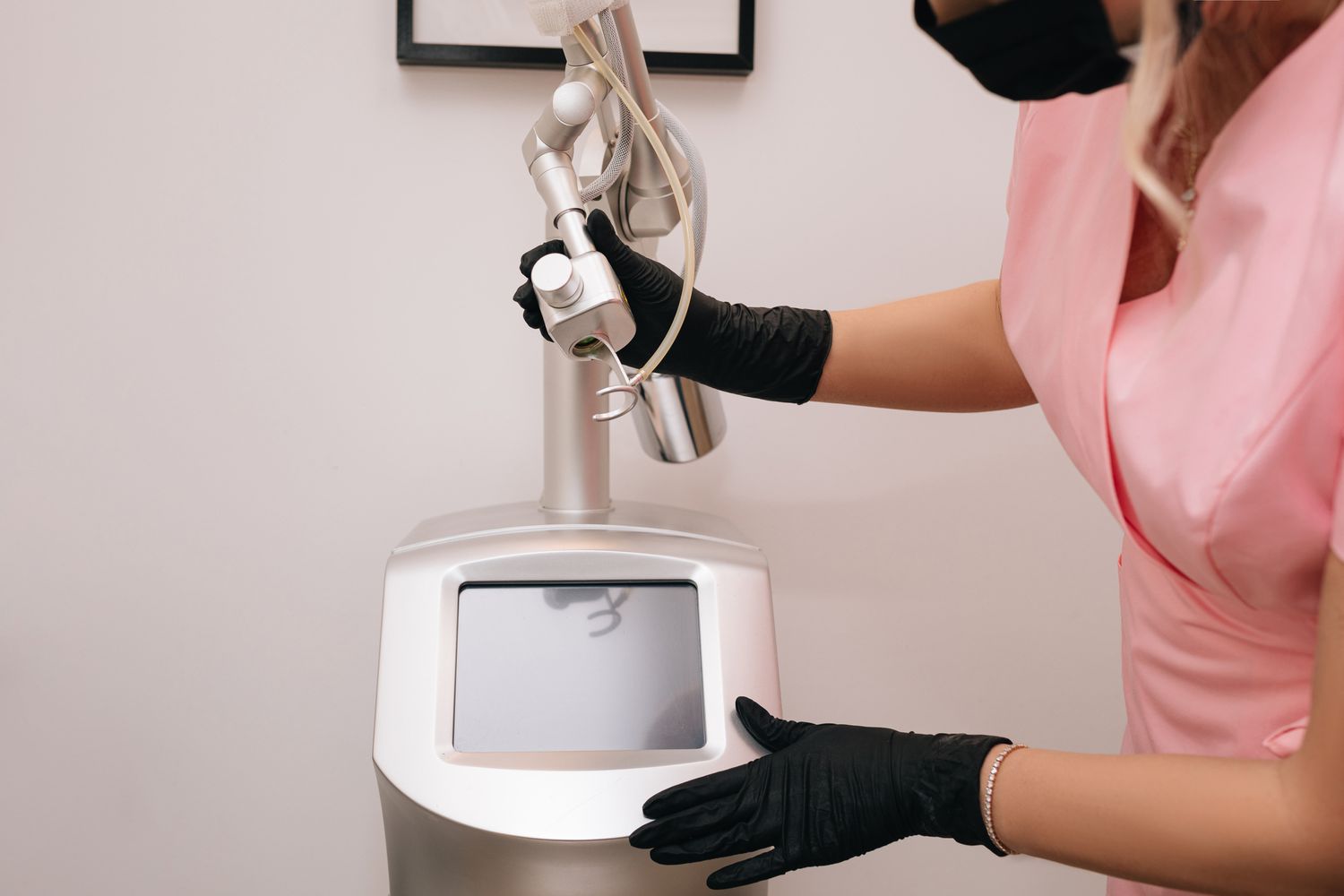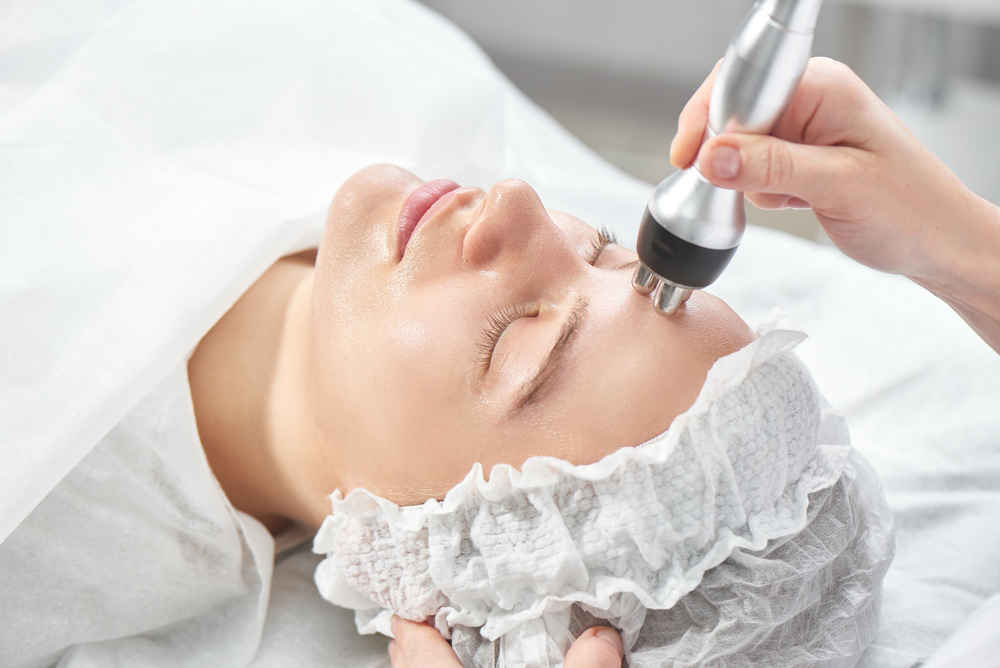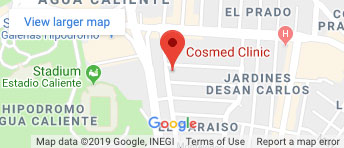Understanding CO2 Laser: Benefits and Ideal Candidates
The CO2 laser stands as a foundation in the area of aesthetic dermatology, offering advanced solutions for diverse skin concerns. This technology uses short-pulsed light energy (ultrapulse) or continuous light beams that are delivered in a scanning pattern to remove thin layers of skin with minimal heat damage to the surrounding structures.
“CO2 Laser is a laser that basically uses the CO2 as a medium to produce a light which is going to basically be absorbed by the water on the skin and is going to help to drill microscopic holes on the skin so that light is going to be super hot, it’s going to help to stimulate the production of collagen, the heat is going to help to shrink the collagen as well…” States Dr. De la Fuente
CO2 lasers are ablative lasers, meaning they work by vaporizing the skin tissue to reduce problems such as scars, warts, wrinkles, and more. This type of laser precisely removes outer layers of damaged skin to reveal the softer, smoother, and younger skin underneath. The treatment is noted for its precision and the ability to be adjusted to cater to specific skin concerns and depths of penetration.
Here’s a closer look at the CO2 laser, its benefits, and who it’s best suited for.
The Benefits of CO2 Laser
The benefits of CO2 laser treatments are numerous, making it a popular choice for those seeking improvements in their skin’s appearance:
Skin Rejuvenation: It effectively reduces signs of aging such as fine lines and wrinkles, especially around the eyes and mouth.
Scar Reduction: Excellent for reducing the appearance of acne scars and other facial scars.
Skin Tightening: Promotes collagen production, leading to firmer and more youthful skin.
Pigmentation Correction: Helps in reducing age spots, sun spots, and other types of hyperpigmentation.
Skin Texture Improvement: Smoothens the skin by reducing uneven textures caused by scars or wrinkles.
As Dr. De la Fuente mentions, “…the burn that we’re going to induce basically with the laser is going to help to resurface the skin for fine and medium wrinkles, for acne scars, improving the pores and the texture of the skin as well.”
Ideal Candidates for CO2 Laser Treatment
CO2 laser treatment is a powerful solution for skin rejuvenation, but it isn’t suitable for everyone. Here’s who can benefit most from this treatment:
Skin Type: Best suited for individuals with lighter skin tones. These skin types carry a lower risk of hyperpigmentation and other side effects post-treatment.
Skin Concerns: Ideal for those who have deeper facial wrinkles, significant sun damage, or pronounced acne scars.
Age: Typically preferred by middle-aged and older people who experience moderate to severe skin issues that require more intensive treatment.
Health Status: Good overall health with realistic expectations about the outcomes of the laser treatment.
Skin Condition: Not recommended for active acne or very dark skin due to the higher risks of adverse effects like post-inflammatory hyperpigmentation.
We need to reserve this type of laser only for skin that is really light because since the laser is going to build more heat on the skin as a risk side effect, is going to produce more hyperpigmentation, therefore we don’t use this type of lasers for patients with really dark type of skin we reserve it for people with fair skin, and the heat that it’s going to produce as a side effect is going to give us also more downtime, but that heat is going to produce more benefits. States Dr. De la Fuente.
CO2 laser offers a powerful solution for various skin concerns, significantly enhancing skin quality and appearance for the right candidates. However, considering the intensive nature of the treatment, a thorough consultation with a dermatologist or a licensed skin care professional is crucial. They can help determine if CO2 laser treatment is the best option based on your skin type, concerns, and overall health. Remember, the key to successful results lies not only in the technology used but also in choosing an experienced provider who can tailor the treatment to your specific needs.




